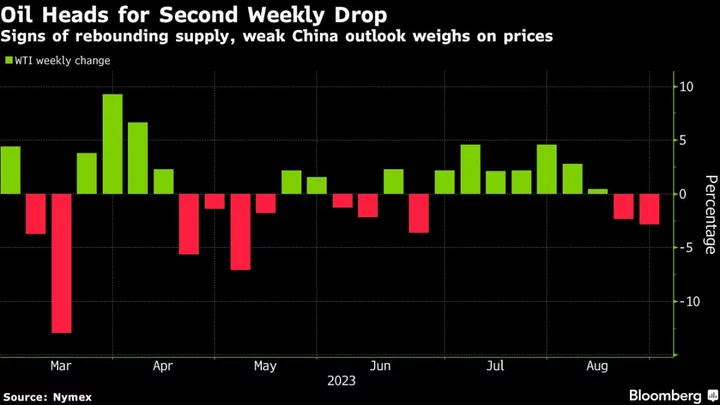Ukraine’s defense minister said he’s confident Germany will supply his country with Taurus cruise missiles, a controversial potential addition to Berlin’s military aid offerings. It’s unclear when Berlin will provide the long-range weapons, but “I don’t think it will take a whole year,” Oleksii Reznikov told Politico and the German daily papers Bild and Welt. Chancellor Olaf Scholz has been reluctant to provide the missiles, which have a range of over 300 miles (482 km) and could strike targets inside Russian territory. Scholz told a Bavarian newspaper group on Saturday that he would “never do anything rash.”
Russia’s navy has shifted some of its missile carriers to the Azov Sea and is shelling targets in Odesa and Mykolaiv from there, Ukraine’s military said. The UK defense ministry foreshadowed the move in July, saying eight warships, including three that could launch Kalibr cruise missiles, may be part of a fleet headquartered in occupied Mariupol. While Russia shot down drones near Moscow and in the Belgorod region north of Ukraine’s border, two people were killed by Russian shelling of a cafe in a village near Kupiansk in the Kharkiv region.
Canadian Prime Minister Justin Trudeau said Group of Seven leaders are prepared to support Ukraine for as long as it takes. His comments follow a series of reports this month that Kyiv’s allies worry the war, now into its 19th month, is dragging on with hopes fading for the counteroffensive to yield a definitive breakthrough against Russia. Some allies also reportedly have questioned Ukraine’s tactics and allocation of troops.
Latest Coverage
- Russia Rejects US Claims Putin Likely Approved Prigozhin Killing
- Ukraine’s Slow Counteroffensive Boosts Putin and Worries Allies
- Russia Ally Calls Prigozhin Crash Too ‘Crude’ to Involve Putin
- G7 Will Support Ukraine for as Long as It Takes, Trudeau Says
- New Zealand Opens Pathway to Residency for Ukraine War Refugees
Markets
Oil prices posted a second weekly loss on signs of improving supply and a deteriorating economic situation in China, the biggest importer. Still, crude remains markedly higher than its lows in June, driven largely by supply cuts by OPEC+ linchpins Saudi Arabia and Russia.

